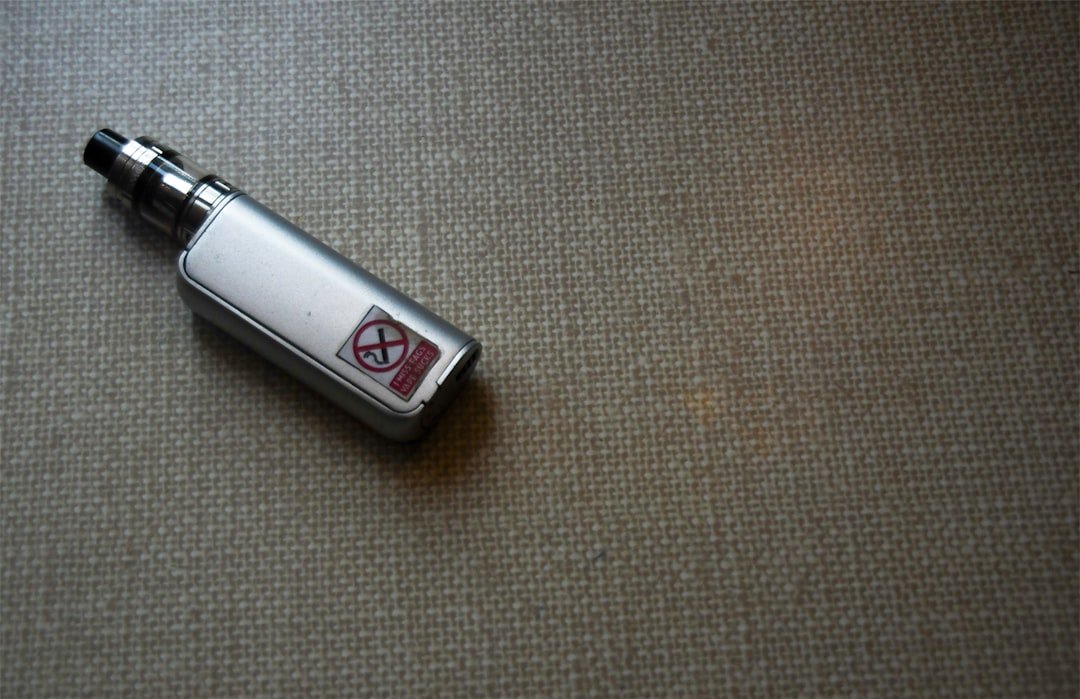That last cigarette never feels like the last one, does it?

I know that feeling all too well. For years, I was trapped in a cycle of bad habits. Smoking was just one of them. I also struggled with gaming addiction, binge eating, and a general lack of motivation that kept me stuck. I felt powerless. The idea of quitting felt like trying to climb a mountain in slippers. It seemed impossible.
But I’m here to tell you it’s not. I managed to quit smoking for good. I also lost over 110 pounds and completely turned my life around. It wasn’t a single, magical moment. It was a series of small, intentional steps that added up over time. If I can do it, I promise you can too.
Quitting is one of the hardest things you’ll ever do, but it’s also one of the most rewarding. You’re not just giving up cigarettes. You’re taking back control of your health, your finances, and your future.
Here are 20 strategies that helped me, and I hope they can help you too.
Prepare for Your Quit Journey
Success starts before you even put out your final cigarette. A little preparation makes a huge difference.
Set a Quit Date. Don’t just say you’ll quit "soon." Pick a specific date within the next week or two. Mark it on your calendar. This makes your goal real and gives you time to prepare mentally.
Find Your "Why". Quitting is tough. Your motivation needs to be stronger than your cravings. Why are you doing this? Is it for your health? For your kids? To save money? For me, a big part of it was my faith. I wanted to honor the body God gave me. Write down your reasons and keep them somewhere you can see them every day.
Tell People You're Quitting. Don't keep it a secret. Tell your family, your close friends, and maybe a trusted coworker. Asking for support isn't a sign of weakness. It’s a sign of strength. It also adds a layer of accountability that can keep you on track.
Get Rid of Everything. On the night before your quit date, do a full sweep. Throw out every cigarette, lighter, and ashtray. Clean your car, your clothes, and your home to get rid of the smell. You’re making a clean break.
Identify Your Triggers. What situations make you crave a cigarette? Is it your morning coffee? Driving? After a meal? Feeling stressed? Make a list of your top three triggers and have a plan to deal with each one.
Strategies for the First Few Weeks
The early days are the toughest. Your body is adjusting, and the cravings can feel intense. Here’s how to fight back.
Find a Healthy Replacement. Your hands and mouth will feel empty. Find something to replace the physical act of smoking. Chew sugar-free gum. Snack on sunflower seeds or crunchy carrots. Keep a water bottle with you and take a sip whenever a craving hits.
Change Your Routine. If you always smoked with your morning coffee, try drinking tea for a while. If you smoked in a certain chair, sit somewhere else. Small changes can break the powerful associations your brain has built around smoking.
Stay Busy. An idle mind is a craving’s best friend. Keep yourself distracted, especially during the first week. Go for a walk, call a friend, tackle a project around the house, or dive into a good book.
Move Your Body. You don’t need to run a marathon. Just a 15-minute walk can crush a craving and improve your mood. Exercise is a powerful tool for managing stress and withdrawal symptoms.
Drink Lots of Water. Water helps flush the nicotine out of your system faster. It also gives you something to do with your hands and mouth. Aim for at least eight glasses a day.
Consider Nicotine Replacement Therapy (NRT). Don’t be afraid to get help. NRTs like patches, gum, or lozenges can take the edge off withdrawal. They let you focus on breaking the habit first, then you can wean off the nicotine later. Talk to your doctor to see if this is a good option for you.
Focus on One Day at a Time. The thought of never smoking again can be overwhelming. Don’t think about forever. Just focus on getting through today without a cigarette. That’s it. Just one day.
Staying Smoke-Free for Good
Quitting isn't a one-time event. It’s a new way of life. These strategies will help you stay the course.
Celebrate Your Wins. This is huge. When I was losing weight, I celebrated every five pounds. Do the same with quitting. Celebrate 24 hours smoke-free. Then one week. Then one month. These small victories build momentum and keep you motivated.
Reward Yourself. You’re saving a lot of money by not smoking. Track how much you’ve saved and use some of it to reward yourself. Buy that new gadget you’ve wanted or plan a fun weekend trip. You’ve earned it.
Lean on Your Faith. For me, prayer was a lifeline. Whenever I felt a craving I couldn’t handle, I’d stop and pray for strength. My growing relationship with God gave me a deeper sense of purpose that made temporary comforts like smoking seem small. If you have a faith, lean on it.
Track Your Progress. Use a quit-smoking app or just a simple calendar. Seeing the number of smoke-free days pile up is incredibly motivating. You can see how far you’ve come and you won’t want to break that streak.
Know How to Handle a Slip-Up. If you slip and have a cigarette, it’s not the end of the world. Don’t fall into the trap of thinking, "Well, I've already failed, so I might as well go back to smoking." No. One cigarette is a mistake. A pack is a relapse. Forgive yourself, figure out what triggered the slip, and get right back on track.
Avoid Temptation (At First). In the early weeks, it’s smart to avoid situations where you’ll be tempted. If all your friends are smokers, maybe skip the bar for a few weeks and suggest meeting for coffee instead.
Notice the Benefits. Pay attention to the good things. Can you breathe easier? Does your food taste better? Do you have more energy? Focusing on the positives reinforces your decision to quit.
Picture Your Future Self. Think about the person you want to be a year from now. Healthy, energetic, and free from addiction. Hold that image in your mind. Every craving you beat is a step closer to becoming that person.
Quitting smoking is a journey, not a destination. There will be good days and hard days. But with the right plan and the right reasons, you have the strength to see it through.
So, what’s the first small step you can take today?





